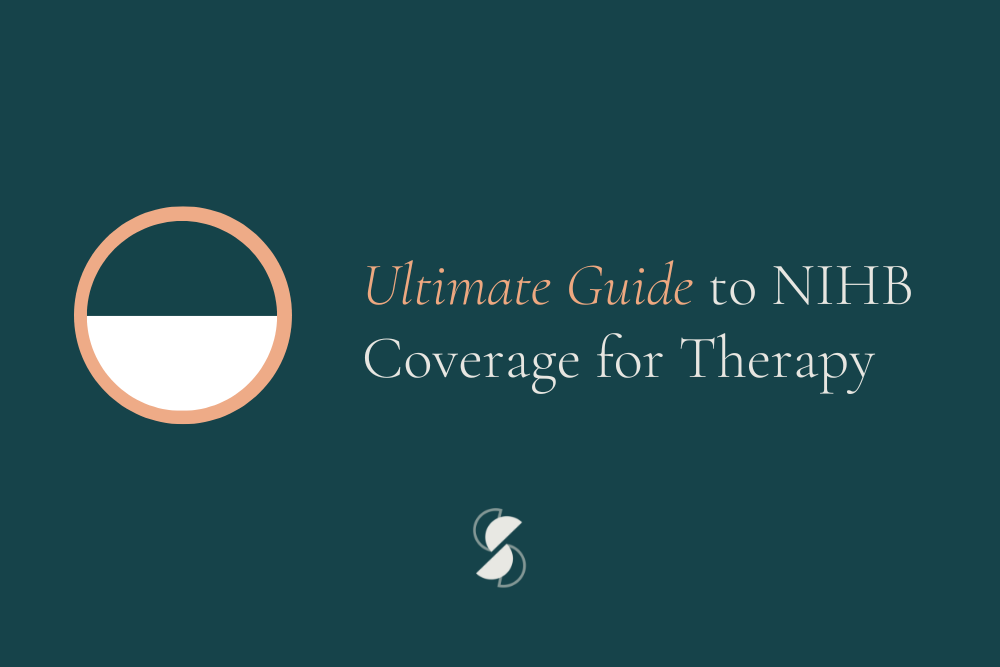Emotionally-Focused Therapy For Couples

Negative Patterns In Relationships
Many couples get stuck in a negative pattern of interacting when they are not getting along. Over time, these patterns become automatic, often operating behind the scenes and compromising how we communicate and how we interact with our loved one.
One of main types of negative patterns of interacting is called pursue-withdraw. This pattern can happen when one partner attempts to talk and make connections (pursuing) while the other partner pulls away (withdraws). The pursuer often pursues by demanding, criticizing and blaming, and they might appear angry and critical. The withdrawer often withdraws by shutting down, avoiding or even leaving (physically, mentally or emotionally), and they might appear defensive, dismissive or indifferent. The more the pursuer pushes to talk and resolve, the more the withdrawer feels uncomfortable, numb or the urge to run away. This urge further triggers the fear of rejection in the pursuer and increases the intensity of the need to feel loved. Both people end up feeling hurt, unsatisfied, and alone. Over time, this negative pattern becomes more and more rigid and gets activated more and more quickly, leaving the couple feeling disconnected and stuck in this cycle.
How Emotionally Focused Couples Therapy Can Help
Emotionally Focused Therapy (EFT) is a highly effective approach that helps couples identify their cycles, including pursue-withdraw. In EFT, couples learn how each partner affects the other through their own habitual reactions and efforts of self-protection. EFT can help couples break free from old patterns and create new ways of interacting with each other.
Usually, we are doing the best we can in our relationships. Relationships aren’t easy. Couples Therapy is not about blaming or finding out who is doing what wrong. Instead, Couples Therapy is about feeling heard and listening to each other better, especially when things are tough. Couples Therapy is about identifying what’s happening and why it might be happening. With this insight, we can explore the impact of our patterns and actions and decide how we might like to change things.
EFT in particular helps couples connect with their own emotions because we often react from a place of emotions and feelings in the first place. For example, when we feel threatened, we might yell or shut down. When we feel disrespected, we might lash out. EFT Couples Therapy helps couples listen to each other and to express their needs in productive ways, creating open communication, closeness and security.
Reflection Questions to Jumpstart Your EFT Journey
Try asking yourself these questions to start the process of unravelling the pattern you and your partner might be stuck in.
When my partner and I are not getting along:
How do I usually react?
How do they react to me?
How do I feel about my partner reacting this way?
What do I say to myself about me and about my partner? About our relationship?
If you’d like to dig deeper into this practice, I’d recommend Sue Johnson’s bestselling book Hold Me Tight. Additionally, you can read her second book on the science of love, Love Sense.
This post contains affiliate links. This means that we may get a small commission should you buy something through one of the links, at no additional cost to you. Thanks for your support!
This article was written by Shirley Hung during their time at Shift Collab.











.gif)







![Why You Need to Unfollow [@YourEx]](https://cdn.prod.website-files.com/625ec823c07cd8de32e1bae2/65c54e80b98a7d97ee026776_20240206T0910-707e5b7e-9802-42a3-8070-ba67b8dc33fd.jpeg)






![Summer Lovin' [not] Havin' a Blast](https://cdn.prod.website-files.com/625ec823c07cd8de32e1bae2/65c54e4341e7246ed4b3cbff_20240206T0910-fd1563e4-34d1-49e6-af59-9b95c717196a.jpeg)














































































